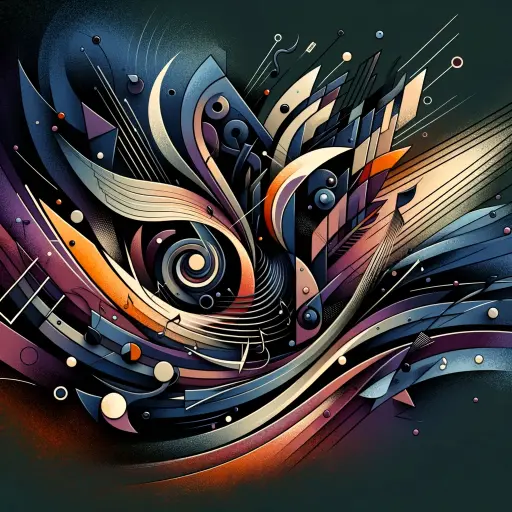
Concerts in Hip Hop
Hip-hop, a genre and cultural movement, emerged in the South Bronx of New York City during the 1970s, and it has since become a global phenomenon. Its origins are deeply rooted in African and African-American musical traditions, encompassing elements of funk, soul, reggae, and spoken-word poetry.
Key characteristics of hip-hop include its rhythmic delivery, use of wordplay, and often socially conscious lyrics. It comprises four main elements: rap (vocal delivery), DJing (turntablism and beatmaking), breaking (dance), and graffiti art. Hip-hop is a vehicle for self-expression, addressing themes such as social justice, identity, and urban life.
Over time, hip-hop has evolved and diversified, giving rise to sub-genres like gangsta rap, conscious rap, and mumble rap. The 1980s saw the emergence of iconic figures like Grandmaster Flash, Run-D.M.C., and Public Enemy. The 1990s were defined by artists like Tupac Shakur, The Notorious B.I.G., and Dr. Dre, who catapulted hip-hop into the mainstream. In the 2000s, artists like Eminem, Kanye West, and Jay-Z continued to shape the genre.
Significant albums associated with hip-hop include Public Enemy's "It Takes a Nation of Millions to Hold Us Back," often hailed as one of the greatest hip-hop albums of all time, and Nas's "Illmatic," considered a classic for its lyrical prowess.
Hip-hop's impact on the global music scene is immeasurable. It transcends borders and languages, influencing not only music but also fashion, art, and politics. Hip-hop concerts offer a dynamic and high-energy experience, with artists delivering electrifying performances that connect with diverse audiences. For those searching for hip-hop concerts, they can expect an immersive journey through a culture that has redefined music and left an indelible mark on the world.
Listen
Concert Schedule
| Concert Date | Artist | Venue | City |
|---|





